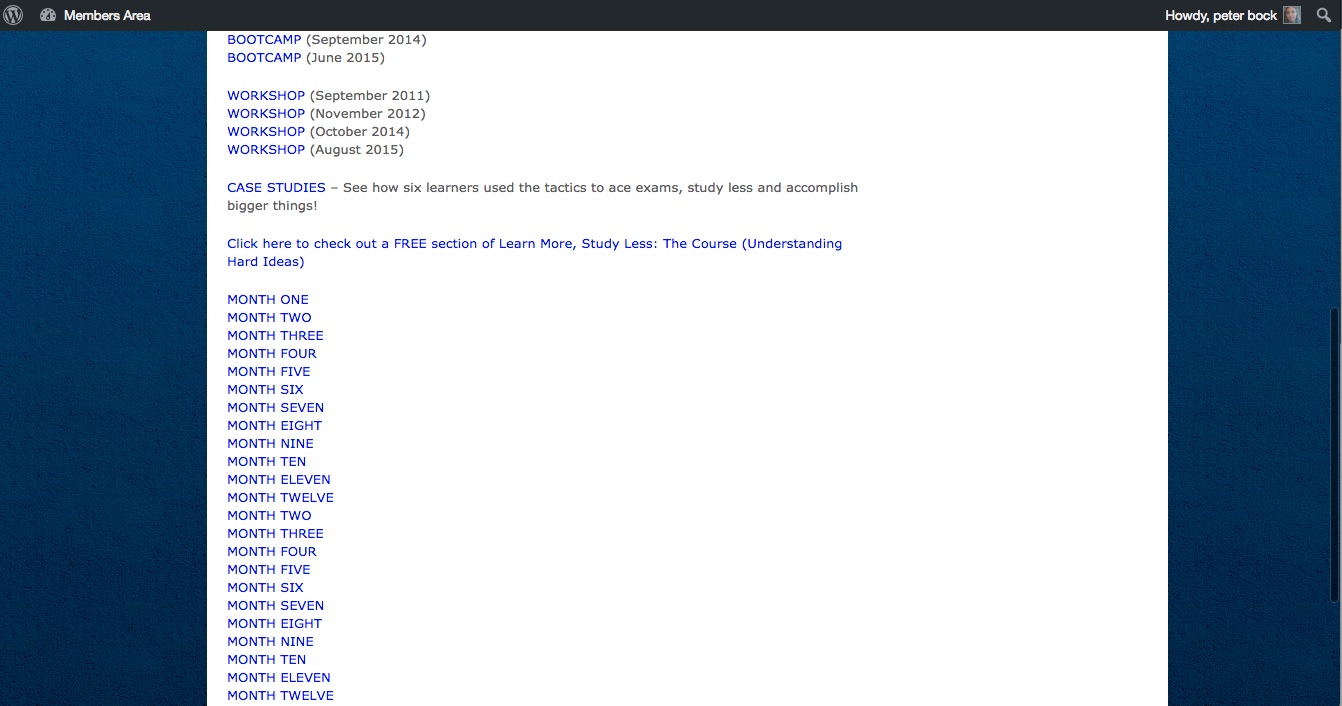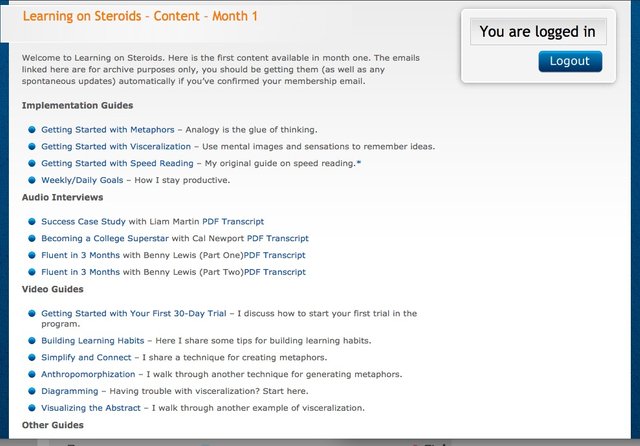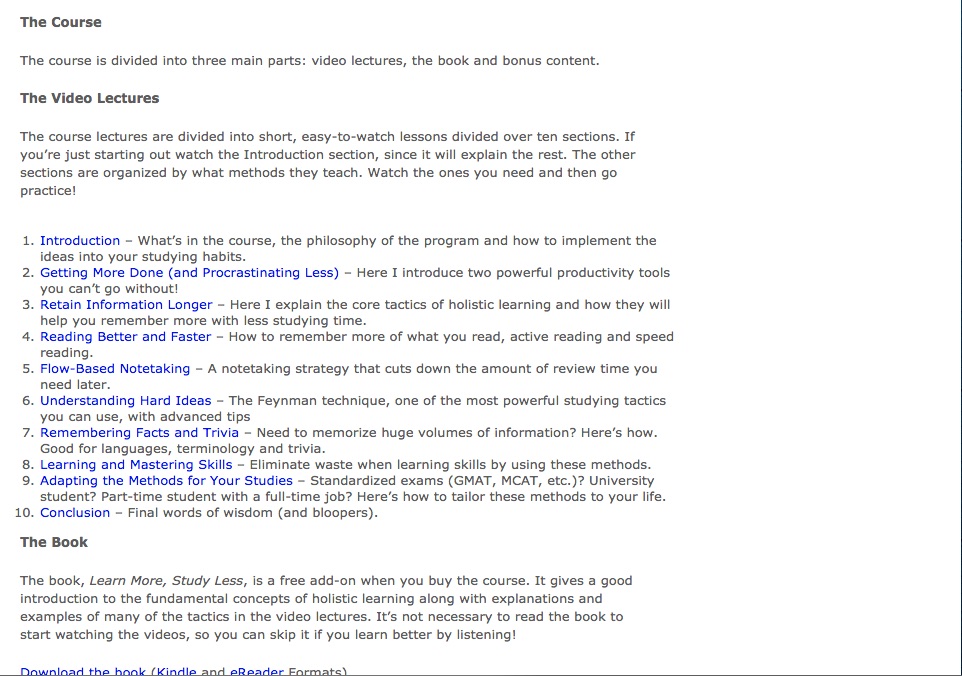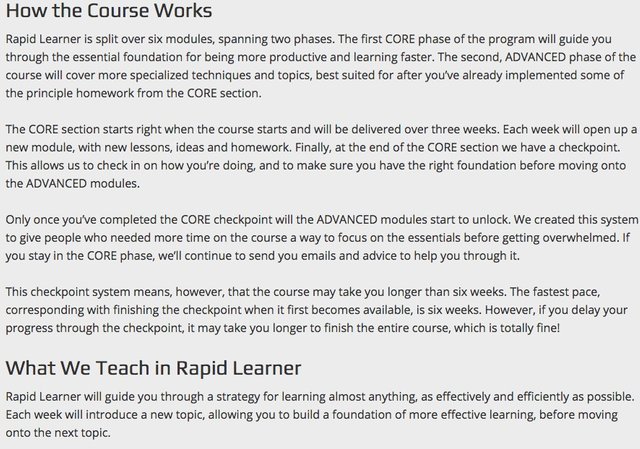Meta-learning, and my favourite expert in that space: Scott H Young
I've long been fascinated with meta-learning: the science of learning how to learn.
In this post I'll talk a bit about what meta-learning is, and also introduce what can only be described as the reason I've got a Bachelor's degree, and am capable of remembering at least partially what I learned from it: Scott H Young.

source: litmos
Meta-learning and how school kinda sorta backstabbed us.
It sounds strange, doesn't it ?
To have a scientific domain about how to properly learn different subjects.
After all, when we first arrive in school, we're told to do our homework, review our lessons....
aaaaaand that's it.
Those of us who are lucky get extra instruction from our parents (Which is one reason for the wide inequality in society. we lean way too much on the idea that it's the parents that are responsible for teaching some of the most important skills a person can have. Like how to interact with others, make friends, learn, understand the law, pay taxes, etc...)
It seems like the only thing we'd need is to be dedicated to learning, by reading our exercises diligently and rereading our lessons daily. At least that's the way society and school often presents it to us
But this isn't exactly true, is it ?
Just form my experience alone (though a lot of others from my generation, and some of my younger cousins too, have told me the same) it's clear that just reading your lessons and doing your exercises is not a good strategy for "getting" a subject.
I've struggled with retaining information way more than understanding it. Because when we first encounter something in a classroom setting, we're encouraged to, well, shut up and listen.
And quite often, we think we've understood.
We believe we've got it, but once we get home, we've got no idea what we even had in half of our classes, as they are followed assembly-line style all day long by more classes on different subjects !
I struggled with retaining what I've been taught, and still do.
But I've gotten a lot better at it over the years, mainly due to the numerous techniques I've learned in the domain of meta-learning
Enter Scott H Young

source: Scott h Young
Scott is an entrepreneur specialized in learning how to learn better.
He was just getting started 5-6 years ago when I found him, but has now created a successful niche for himself teaching not only how to learn in an academic setting, but also how to be as performant as possible, organize your own learning projects, learning new skills in domains you've never touched, etc.
Most of his teaching have a solid foundation in psychology and basic knowledge of how the brain actually works, as opposed to the throw something at them enough times, and it'll stick mentality Schools, and even some Universities, tend to favor nowadays.
He has created a lot of courses to teach others what he has learned, and I own most of them.
Here are my favorites (AKA., the one's I own and have at least partially completed)
His earliest courses, specialized in Learning in an academic context using metaphors, visualizations and note taking techniques to improve recall have helped me enormously. They are:
It was a 12 month subscription based course specializing in teaching you 1 special technique at a time, of your choice between 2-3 proposed techniques (all explained in detail via a dedicated PDF for each technique) every month.
you could either buy all at once for a discount or pay one month at a time. (which made it relatively accessible to students like poor me, who used approx. 1/4 of the money I got from my summer job on it back then...)
Here's how the members page looks:


The * on speed reading is him linking to an article where he refutes his early "super enthusiastic" impression of speed-reading, and tells a more nuanced story of trying different speed reading techniques and how much each one actually helped with information retention/learning.
Once I'd gone through a few months of LoS, learning the different techniques, I decided to invest in the complete Learn More ,Study Less course.
This one is a video-based course cut into different sections, explaining the purpose of the course, how to memorize information if it's truly necessary, deeply understanding a topic, reading better (in terms of comprehension), retaining information for longer, etc...
It was pretty instrumental in me getting through my Bachelor's degree in Biology-Ecology (a very information dense domain pair), even though, to put it mildly, my brain leaks like a sponge.
Seriously... This course got me through a Bachelor's degree even though my focus is so bad I sometimes forget my own name (Luckily, it always comes back... but that isn't the case with the names of pretty much every person I've ever met. only the very closest friends and family have the privilege of having their name permanently engraved in my brain).

His most recent course, specialized not in academics but more broadly in learning a skill or completing a project that's very heavy in learning, no matter what background you have.
He really describes it best himself:
This six week program teaches you how to master the process for acing tough classes, accelerating your career and learning anything quickly and efficiently.

Scott H Young is also very famous for some of his extreme learning projects. Challenges he's gone through to prove a point or learn something new. his most famous one is probably the very first one he did, so I'll talk about it a moment
The MIT Challenge
His most famous, and first, project is the MIT Challenge.
In it, he sets out to document a single year spent trying to learn the entire (well, he does some spring cleaning, of course. No sense repeating identical classes, after all.) MIT Computer Science 4 year curriculum, wihtout acutally taking any of the classes. He'd use free resources and the MIT courseware site (where you can teach yourself using material from MIT for free)
He managed to successfully pass the exams of 33 classes and did every necessary project to "get" the diploma.
He had to reorganize his strategies a lot during the challenge, and re-adapted or replaced others. It's an excellent read if you're interested in that kind of thing
The most marking thing in the entire article, In my opinion, is this:
I’m embarking on this experiment because I want to show that learning doesn’t require acceptance boards and SAT tests, thousands of dollars in debt, or even the 4-year pace most students assume is necessary to learn a subject.
Will I fail? It’s definitely a possibility—people a lot smarter than myself struggle through immense workloads at institutions like MIT, and I’m attempting to learn the same material at 4x the speed, without the benefit of instructors.
See that ? We need way more people like this in the world !
Can't we replace Trump with this guy ?
Pretty please ?
There we go, a nice little introduction of one of my favorite bloggers.
Without him, I probably wouldn't have managed my Bachelor's degree without doubling at least one year, and that might ahve made me abandon it.
After the first semester of my Bachelor's, I was... stuck. I couldn't seem to wrap my head around all the information, and if I'd never discovered scott, I'd probably have assumed it was me that was somehow faulty, or just not meant for biology.
Of course, the fact I've pretty much chosen to combine Biology with Informatics by studying a Master's in Bioinformatics right now might mean I'd have been sucked back to computers.
Who knows, maybe discovering Scott H Young stopped me from becoming a pentester/hacker... you never know ;)
Would any of you like to hear more about metalearning. like the different techniques in the domain (I own 5 books on the subject, the 3 courses from Scott and I've also completed 2 EDX courses too !) and how to apply them ?
Did you know of Scott H Young before this post ? If so how has his teachings (I make him sound like a guru XS) helped you ?
Oh, and just to bring home the point about teaching